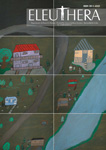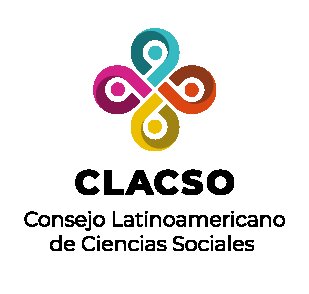Authors
Abstract
Abstract:This article is the result of a theoretical reflection process from data collected in different investigations carried out in the central and southern Colombian Andes between 1998 and 2004. Starting from the premise that the more global the world declares itself, more recognition will be demenaded by localities in their existence as citizens and as individual and collective social actors.This is the process I call the “desgeneralization of the world”, which means taking the world apart from such generality, and placing attention on special features. This process is shown from political, cultural and economic strategies between peasants and indigenous people from the studied areas. Multi-located ethnography is weighed as methodology and the theoretical type comprehensive model is used for the analysis. , In the conclusion, the emphasis is placed on how the vindication of the right to show the differences and local special features at a sameness level, and how this has contributed to local society for them to see each other again, to confront themselves and to and to find themselves in a globalized world with the new contemporary dynamics this implies.
Keywords
References
Durkheim & Marcel Mauss. (1971). “De ciertas formas primitivas de clasificación. Contribución al estudio de las representaciones colectivas”. En: Institución y culto. Barcelona: Barral.
Arocha, Jaime & de Friedeman, Nina S. (1984). Un siglo de investigación social: antropología en Colombia. Bogotá: Editorial Punta de Lanza.
García Canclini, Néstor. (1989). Culturas híbridas. Estrategias para entrar y salir de la modernidad. México: Editorial Grijalbo.
GRUPO DE INVESTIGACION TERRITORIALIDADES UNIVERSIDAD DE CALDAS. (2003). Informes de investigación: 1. “crisis cafetera y contexto regional”, 2. “Territorio y cultura en el país paisa”, 3. “El concepto de pueblo en los Andes centro Colombianos”, 4. “Mapas semióticos para la comprensión del desplazamiento forzado en Caldas”. Universidad de Caldas.
Gruzinski, Serge. (2000). [1999]. El pensamiento mestizo. Barcelona: Paidós.
Halbwachs, Maurice. (1950). La mémoire collective. París: Presses Universitaires de France. Nates Cruz, Béatriz. (et al.). (1996). Las plantas y el territorio. Clasificaciones, usos y concepciones en los Andes Colombianos. Quito: Coedición Abya-Yala & Madremonte.
_______________. (2000). De lo Bravo a lo manso. Territorio y Sociedad en los Andes (Macizo Colombiano). Reedición 2002. Quito: Editorial Abya-Yala.
Norbert, Elías. (1989). Sobre el tiempo. México: Fondo de Cultura Económica de México. Maturana, Humberto. (1990). Emociones y lenguaje en Educación y Política. Santiago de Chile: Ediciones Dolmen.
Malinoswki, Bronislaw. (2001). [1972]. Los Argonautas del Pacífico Occidental. Comercio y aventura entre los indígenas de la Nueva Guinea melanésica. Barcelona: Ediciones Península.
Pazos, Álvaro. (1995). “De la estructura a la función corporal”. En: Revista Política y Sociedad. No. 19. Madrid. pp. 161-173.

 PDF (Español)
PDF (Español)
 FLIP
FLIP
























